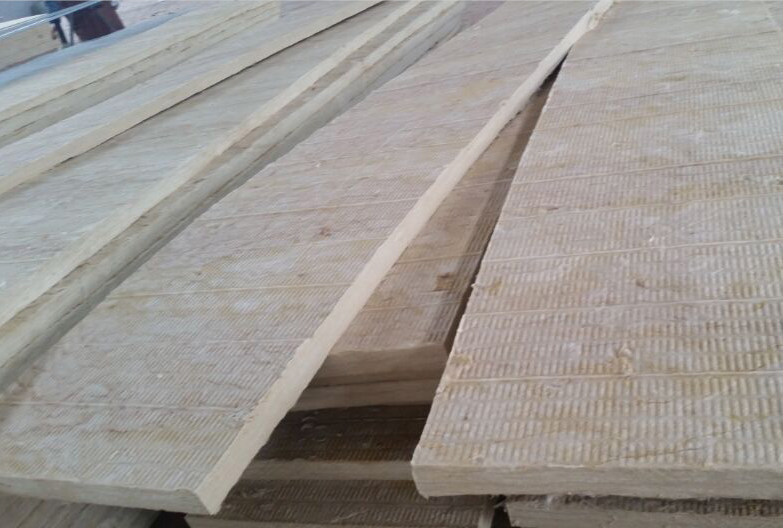● Water resistance
Rockwool rarely exist 2Cao and SiO2, so its resistance properties is much higher than mineral wool. There is big difference between rock wool and mineral wool for PH value, rock wool is generally less than 4, is particularly stable water-resistant mineral fiber; mineral wool is generally greater than 5, or even more than 6, its water resistance is only moderately stable or not stable. Because of this difference between them, mineral wool should not be used in wet conditions, especially in cold insulation project. In cold insulation project, the direction of heat flow is from external flow to the inside, and insulation engineering heat flow is in the opposite direction. Outside moisture will penetrate to the cold insulation material inside with temperature decreasing ,dew will condenses into water, if using mineral wool in this condition, the fiber will gradually be destroyed hydration, reducing the life of the cold insulation layer.However, rock wool does not have this shortage. So for building insulation system can only use rock wool as insulation material.
● High temperature resistance
When mineral wool working temperature reaches 675 ℃, due to its physical changes, its density become smaller while its volume become bigger, after that mineral wool start pulverization and disintegration. So mineral wool working temperature should not be exceeded to 675 ℃. Therefore, mineral wool cannot be used in buildings and constructions.
While rock wool does not exist this problem , the working temperature can be up to 800 ℃, although the main composition CS-C2-AS-CAS2 eutectic point is 1265 ℃, its softening temperature also can be reached to 900 ℃ -1000 ℃.
● Corrosion resistance
The main role of blasting furnace smelting of cast iron is to remove most of the sulfur to prevent heat generated in the course of fragile phenomenon. The removal sulfur will remain in the furnace as calcium sulfide (CaS). In the production of mineral wool, this part of CaS will subsequently into mineral wool, which content is about 5%.
Rock wool raw materials are generally basalt or diabase, except there is little sulfur brought by coke during smelting, there are no more source of sulfur, so it’s no corrosive effect on metal.
Post time: Jan-25-2021





